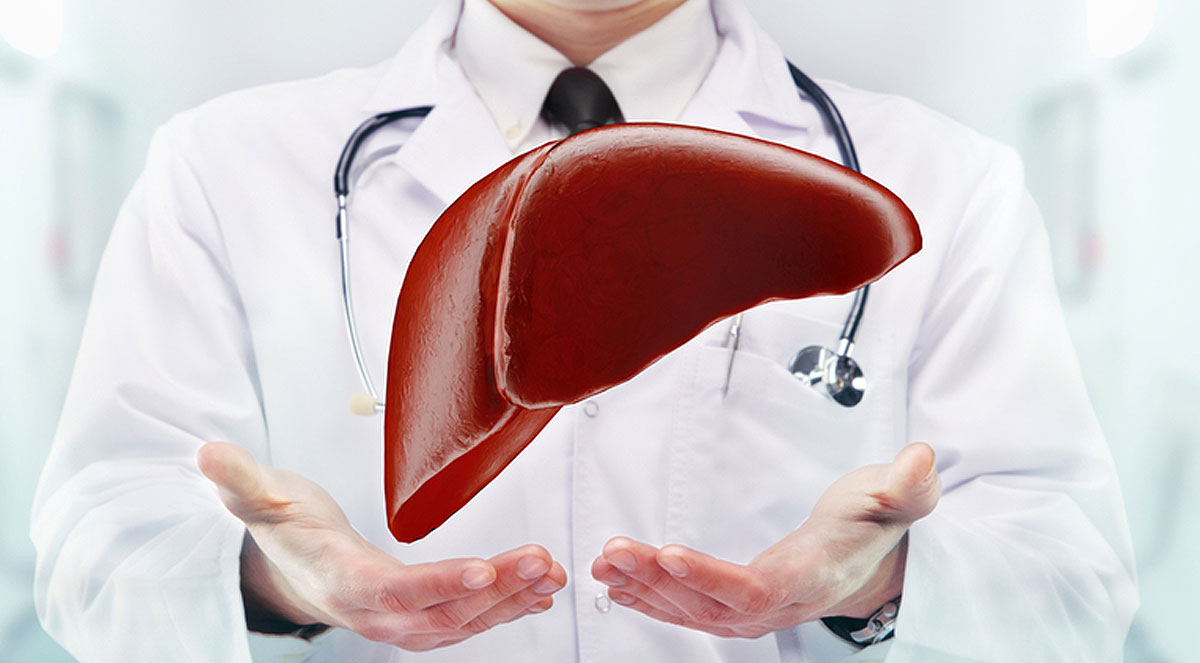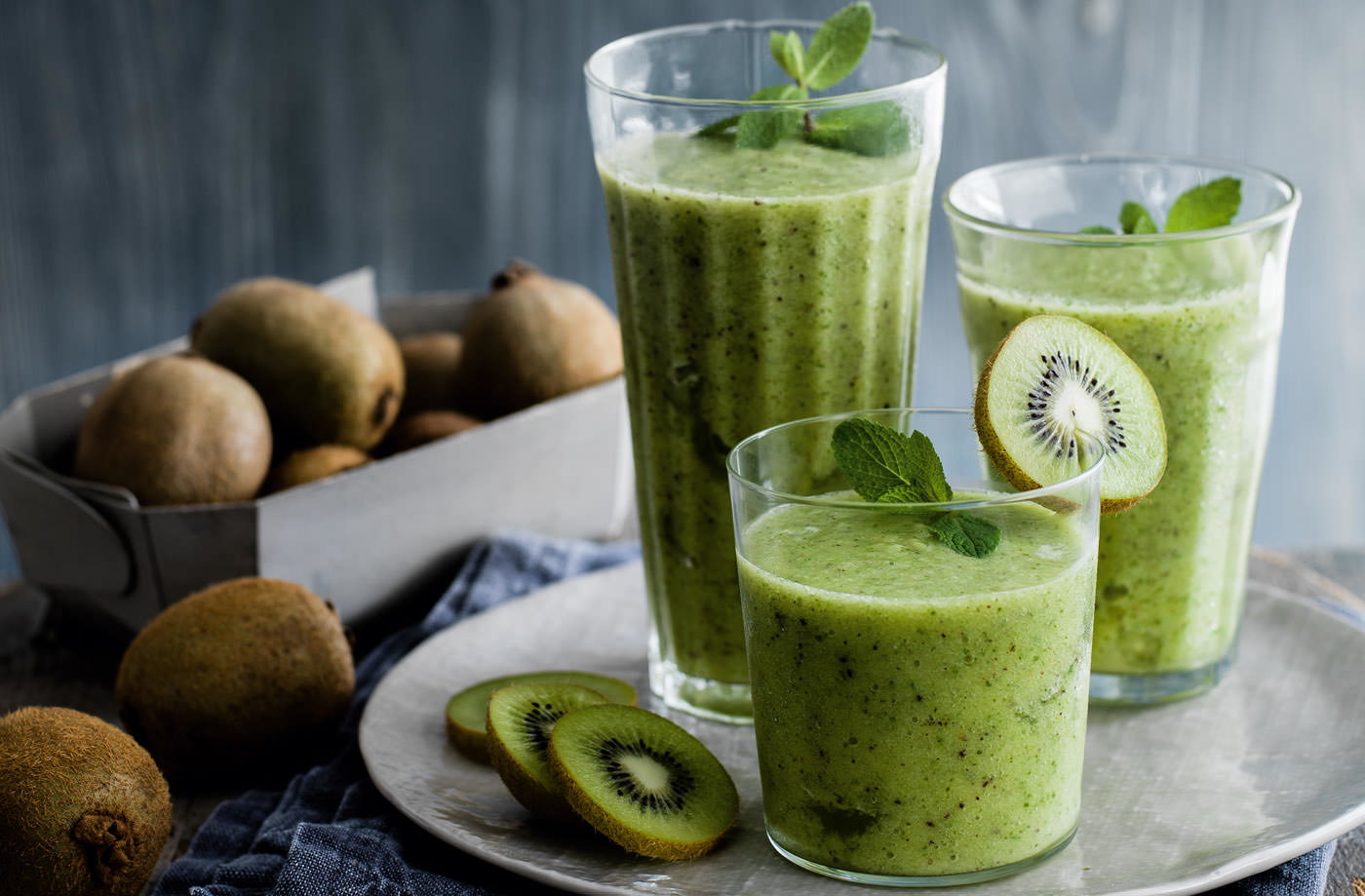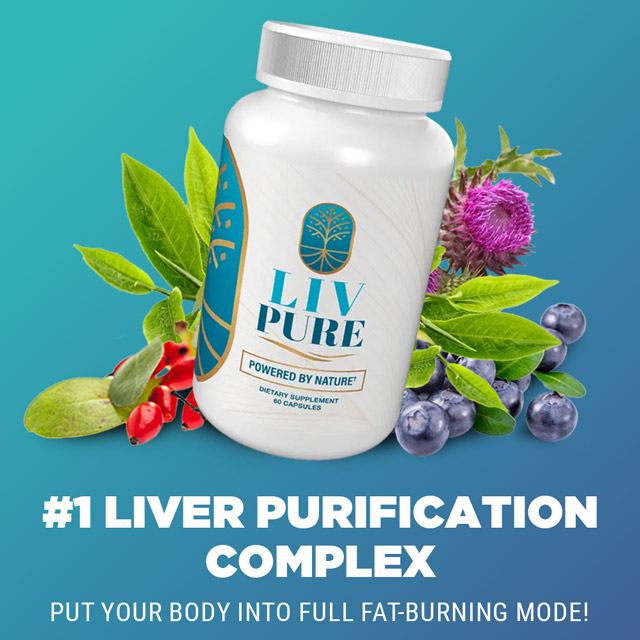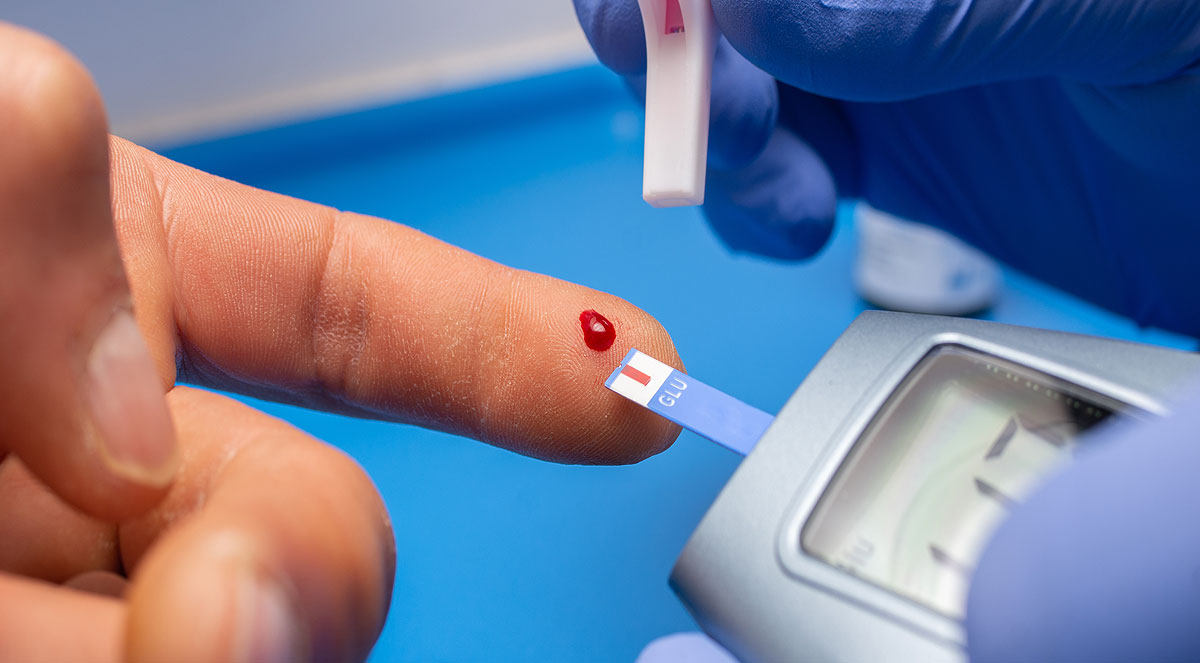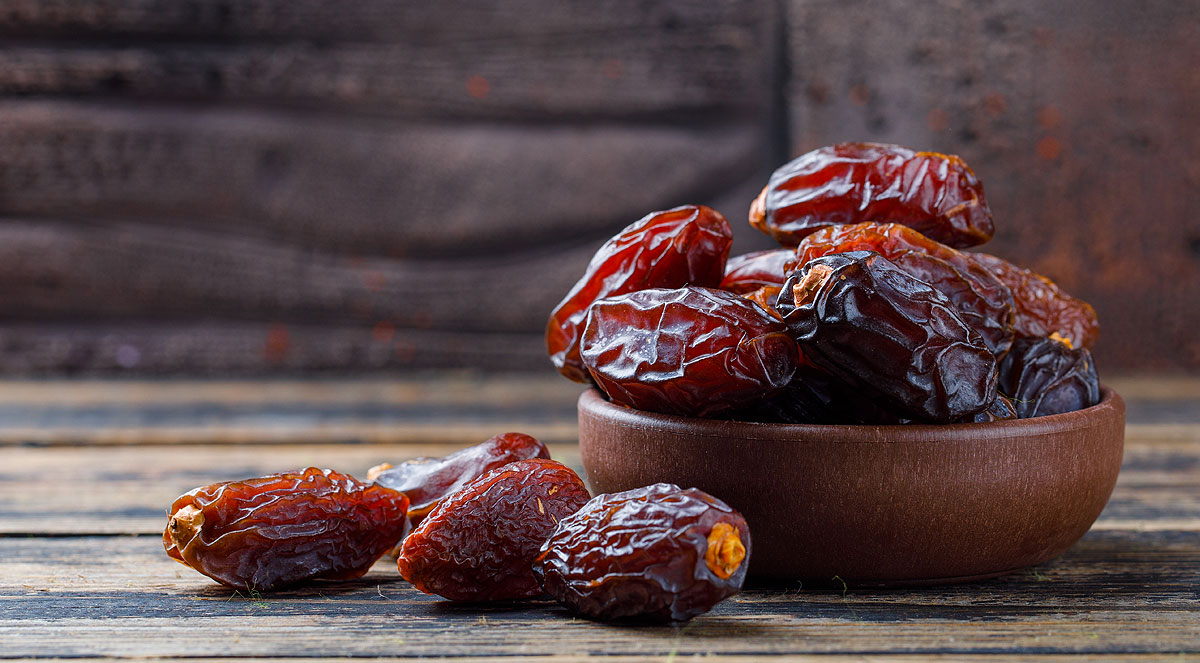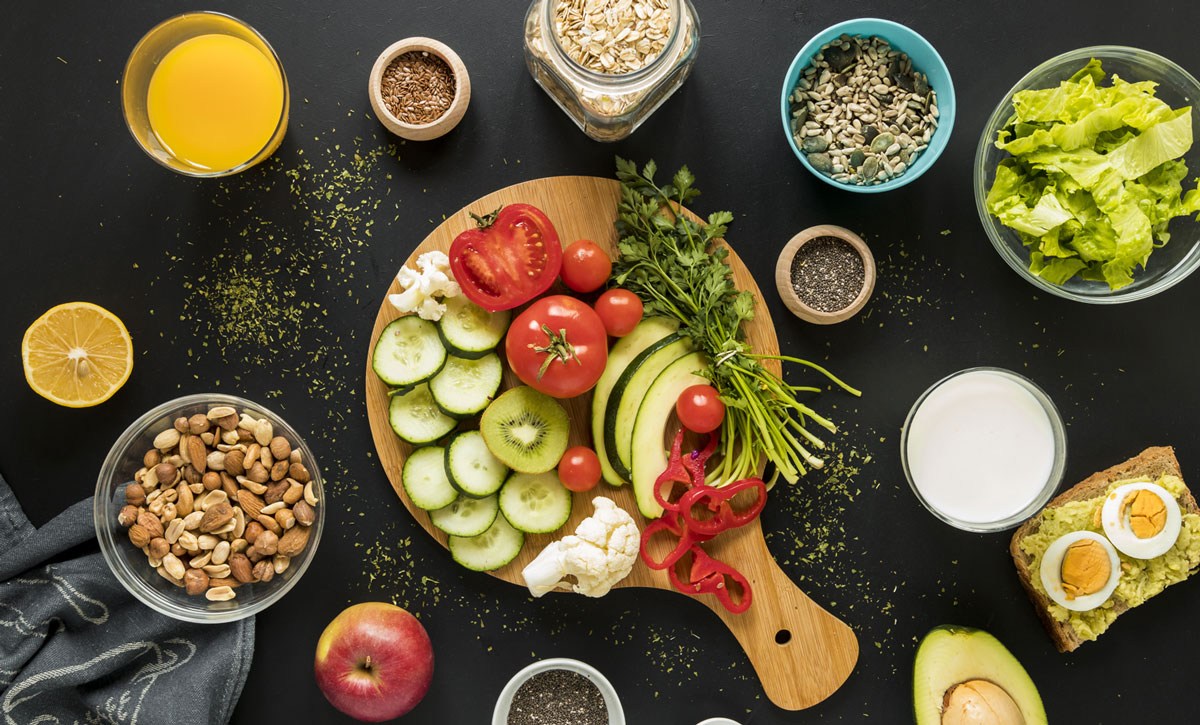Maintaining a healthy liver is essential for overall well-being, as the liver plays a vital role in detoxification, metabolism, and nutrient storage. Here are some dietary suggestions to support liver health:
Eat a Balanced Diet: Focus on a diet rich in fruits, vegetables, whole grains, lean proteins, and healthy fats. Aim for variety to ensure you’re getting a wide range of nutrients to support liver function.
Limit Processed Foods and Added Sugars: Reduce your intake of processed foods, sugary beverages, and foods high in added sugars. These can contribute to liver fat accumulation and increase the risk of fatty liver disease.
Choose Healthy Fats: Incorporate sources of healthy fats such as avocados, nuts, seeds, olive oil, and fatty fish (like salmon and mackerel). These fats provide essential fatty acids that support liver health.
Consume Lean Protein: Include lean sources of protein in your diet, such as poultry, fish, tofu, legumes, and low-fat dairy products. Protein is essential for liver function and repair.
Limit Alcohol: Excessive alcohol consumption can damage the liver and lead to conditions such as alcoholic liver disease and cirrhosis. If you drink alcohol, do so in moderation, or consider abstaining altogether for optimal liver health.
Stay Hydrated: Drink plenty of water throughout the day to support liver function and aid in detoxification.
Increase Fiber Intake: Fiber-rich foods help promote regular bowel movements and eliminate toxins from the body. Include plenty of fruits, vegetables, whole grains, legumes, and nuts in your diet.
Limit Salt Intake: High sodium intake can contribute to fluid retention and liver inflammation. Opt for herbs, spices, and other flavorings to season your food instead of relying on salt.
Consume Liver-Supportive Foods: Certain foods are particularly beneficial for liver health, including garlic, onions, cruciferous vegetables (such as broccoli, Brussels sprouts, and cauliflower), beets, carrots, and leafy greens like spinach and kale.
Drink Green Tea: Green tea contains antioxidants called catechins, which may help protect the liver from damage and improve its function. Aim to drink several cups of green tea per day for potential benefits.
Limit Trans Fats: Avoid or limit foods high in trans fats, such as fried foods, processed snacks, and baked goods. Trans fats can contribute to liver inflammation and increase the risk of non-alcoholic fatty liver disease (NAFLD).
Moderate Caffeine Intake: Coffee and tea contain compounds that may have protective effects on the liver. Moderate caffeine consumption, in the form of coffee or tea, may be beneficial for liver health.
Be Mindful of Supplements: Certain supplements may support liver health, such as milk thistle, turmeric, and N-acetylcysteine (NAC). However, always consult with a healthcare professional before starting any new supplements, especially if you have liver disease or are taking medications.
In addition to dietary changes, maintaining a healthy weight, exercising regularly, avoiding smoking, and limiting exposure to toxins can also help support liver health. If you have any concerns about your liver health or specific dietary needs, consult with a healthcare professional or registered dietitian for personalized advice.


